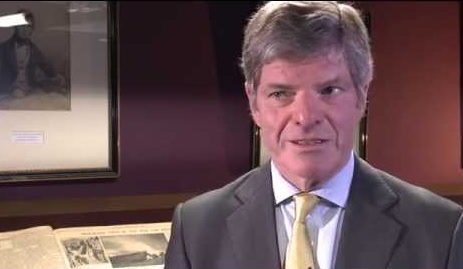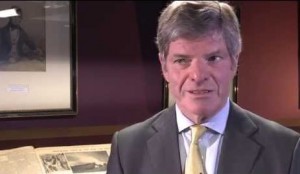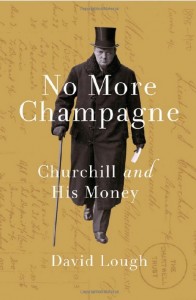
Winston Churchill’s struggle to manage his finances

In the past politician’s wealth and where the money comes from and how it is spent, all could be hidden in the glare of publicity. Today’s politicians have to be more open about their wealth, like the public obsession with Hillary Clinton’s wealth of scandal in the UK over MP’s expenses claims.
The history of Churchill , who liked taking risks and speculated wildly on shares, and funded his pleasures.
Ex-investment banker, David Lough’s methodical and forensic examination of very available bank account and merchant’s invoice and his analysis showing spending versus income to prove there should be no more champagne. Lough had told the story of Churchill and his money with out judgement. Clearly some of his actions or omissions would not stand the scrutiny by the standards of transparency expected of today’s politicians. During his early years as a minister, Churchill accepted gifts of cash and kind from Ernest Cassel while responsible for South Africa’s Government as a colonial secretary after the first world war, he held on to his South African mining shareholdings and within a year of losing his office in 1922, he made substantial fees from the two oil companies for lobbying his former ministerial colleagues. There was no sign that Churchill ever lined his own pockets while controlling large amount of public expenditure as the first Lord of the Admiralty or minister of munitions at the beginning or end of the first world war. The evidence of Churchill’s bank accounts is that he did not take money from Jewish groups in return for his anti-Nazi campaigning during the 1930s. During the second world war Churchill was certainly economic with the truth when he declared to the Inland Revenue the date of his retirement as an author and the nature of his Sunday paper deals.
Although Churchill’s family descended from the Duke of Marlborough, his father Randolph had married an American Jennie Jerome for her money. The Groom’s family discovered too late that the bride’s father, a Wall Street adventurer, often came close to financial ruin. By 1907, more than 500 dollar princesses are said to have married titled Europeans, taking $220 million with them to their adopted continent, and this led to launch of magazine named Title Americans: A list of American ladies who have married foreigners of rank which was published in America.
After his death in 1895, Churchill spend freely from Champagne to ponies. He spend from six years to 1914, £1160 annually with the family wine merchants equivalent today of more than £ 1o0, 000.Churchill realised that he could earn good income from writing, and as money came in he spend it all. In 1921, Churchill;s debts were in excess of £28,000 requiring a crisis talk with the bank manager. A history of first world war published in 1023, earned him £25,000.
Churchill did not observe a strict financial separation between public and private sphere. When short of money Churchill could have misappropriated funds given to him to promote political causes. Lough gives plenty of eye-opening details to keep his narrative flowing.
No More Champagne: Churchill and His Money by David Lough, published by Head of Zeus £25/Picador $32. 480 pages.

